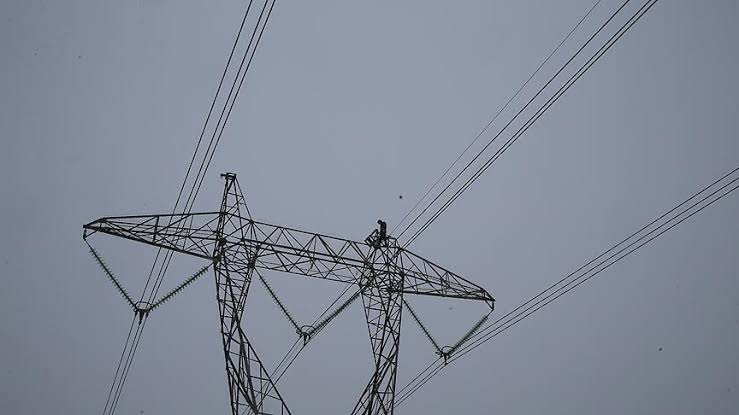
The Federal Government has slashed electricity supply to the junta-led Niger Republic by 42 per cent, reducing it from 80 megawatts to 46MW.
This cut has caused a 30 to 50 per cent drop in Niger's electricity output, forcing the state-run utility, Nigelec, to implement rolling blackouts lasting several days, especially in the capital, Niamey.
Niger’s Energy Minister, Haoua Amadou, disclosed this in an interview with AFP, following public complaints and growing reliance on solar energy.
Nigeria had previously halted most electricity exports to Niger as part of ECOWAS sanctions after the military ousted President Mohamed Bazoum on July 26, 2023. Following Bazoum’s arrest by the Presidential Guard, the West African bloc imposed various measures, including a freeze on energy transactions.
Although Nigeria has since lifted the suspension, the electricity supply remains restricted. Amadou confirmed that while Niger previously received 80MW, it now gets only 46MW — insufficient for its needs.
Despite efforts to boost domestic power generation, Niamey continues to face scheduled outages, prompting citizens and businesses to increasingly adopt solar energy solutions.








